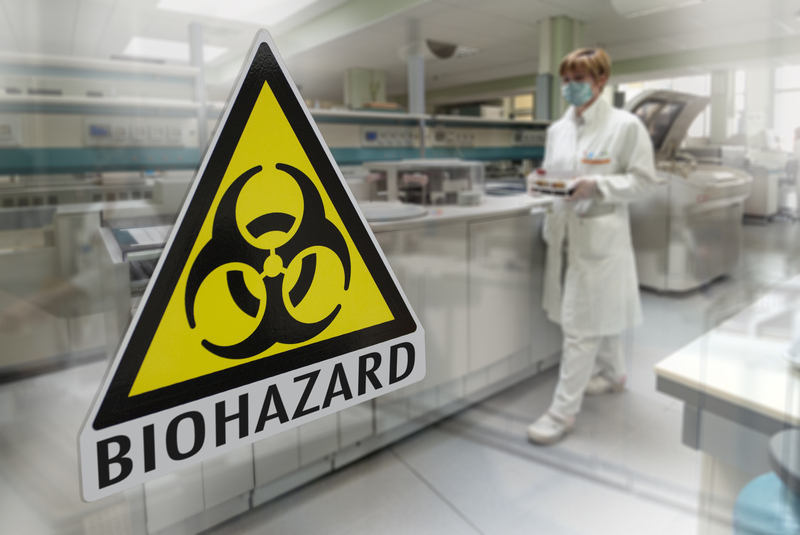PRINCETON, NJ – As the world cautiously navigates the aftermath of the COVID-19 pandemic, a question looms large in the collective consciousness: Why do we continue to study deadly viruses, especially in the wake of the calamitous events in Wuhan? This query is not rooted in skepticism towards science or research but stems from a genuine concern over the balance between advancing our understanding of pathogens and ensuring global public health safety.
With the New York, New Jersey, and Pennsylvania area being a hotbed of biological research, can we be the next Wuhan?
The study of lethal viruses is a double-edged sword. On one hand, it is fundamental to our understanding of infectious diseases, offering insights that are crucial for vaccine development, therapeutic interventions, and preparedness strategies against future outbreaks. On the other, it harbors the risk of accidental release or misuse, scenarios that could lead to outbreaks with consequences as severe, if not more, than what the world has recently endured.
The concept of “virus X,” a term coined to represent the unknown pathogen that could cause the next pandemic, is at the heart of this debate. It underscores the unpredictable nature of infectious diseases and the imperative to study them. Yet, it also raises questions about the extent to which we are truly prepared to prevent the next global health crisis.
In the wake of COVID-19, the global community has taken steps to bolster pandemic preparedness. These include enhancing surveillance systems, investing in research and development for rapid vaccine production, and strengthening international cooperation through entities like the World Health Organization (WHO). However, these efforts often encounter challenges such as funding constraints, geopolitical tensions, and the inherent complexity of predicting virus emergence.
One critical area that demands attention is the biosecurity measures surrounding the study of highly pathogenic viruses. The debate often centers on Gain of Function (GoF) research, which involves making pathogens more potent or transmissible in order to understand their potential for human infection. While the scientific merits of GoF research are significant, it necessitates stringent oversight and robust containment practices to mitigate risks.
Moreover, the global health community must grapple with the ethical considerations of virus research. The principle of “do no harm” is paramount, requiring a careful assessment of the benefits of such studies against the potential for catastrophic outcomes. This entails not just physical containment measures but also ethical safeguards, transparency in research, and public engagement to foster trust and understanding.
Preventing the next pandemic also involves addressing broader determinants of disease emergence, such as environmental degradation, wildlife trade, and urbanization. These factors contribute to the spillover of viruses from animals to humans, underscoring the need for a One Health approach that considers the interconnectedness of human, animal, and environmental health.
As we continue to study deadly viruses, the lessons from COVID-19 must guide our path forward. This includes not only advancing scientific knowledge and preparedness but also ensuring that such endeavors are conducted with the utmost regard for safety, ethics, and global health security. The question is not whether we should study these pathogens, but how we can do so responsibly, transparently, and in a manner that prioritizes the well-being of humanity above all. The balance is delicate, the stakes are high, and the time to refine our approach is now, lest “virus X” becomes not a hypothetical scenario but a devastating reality.
